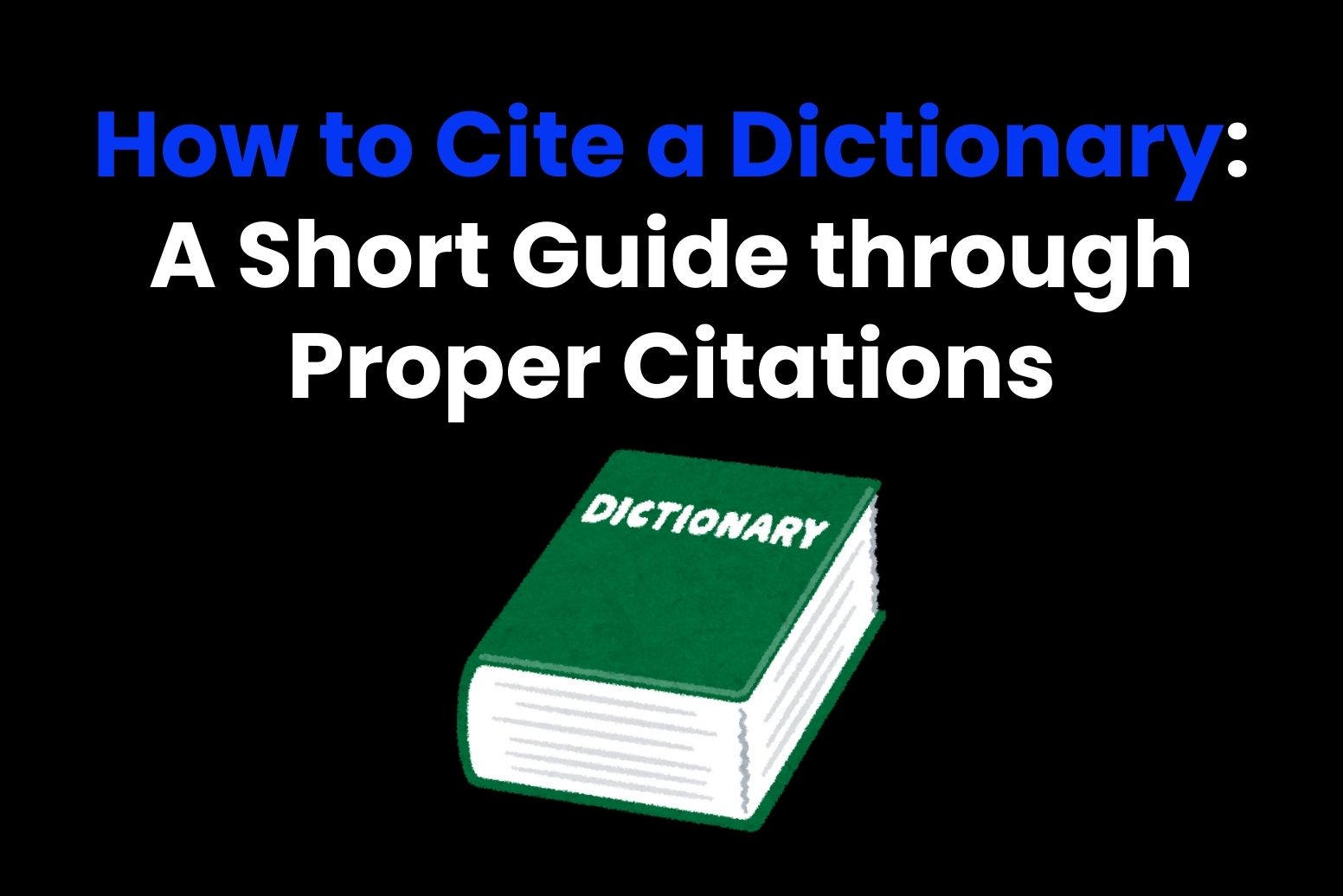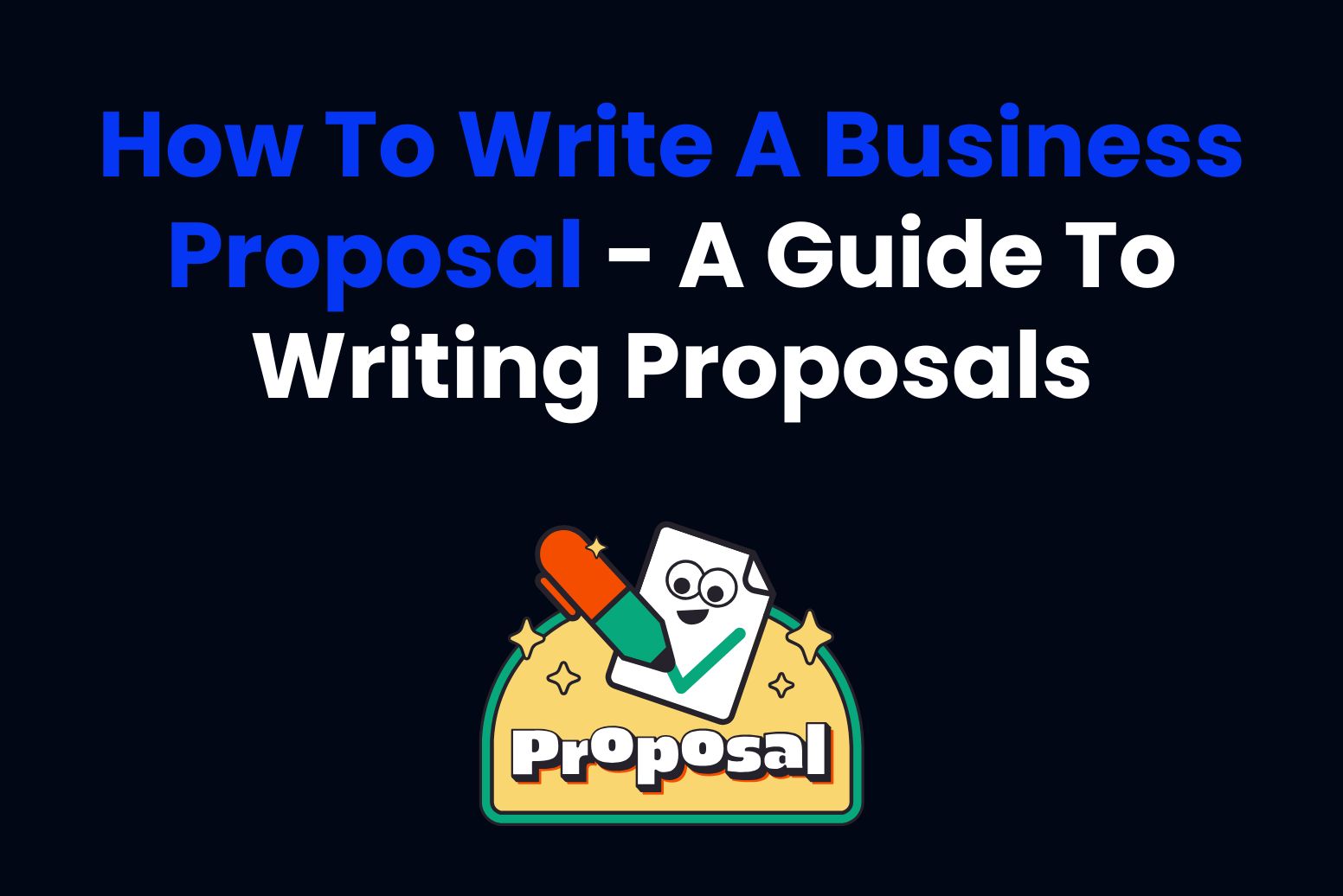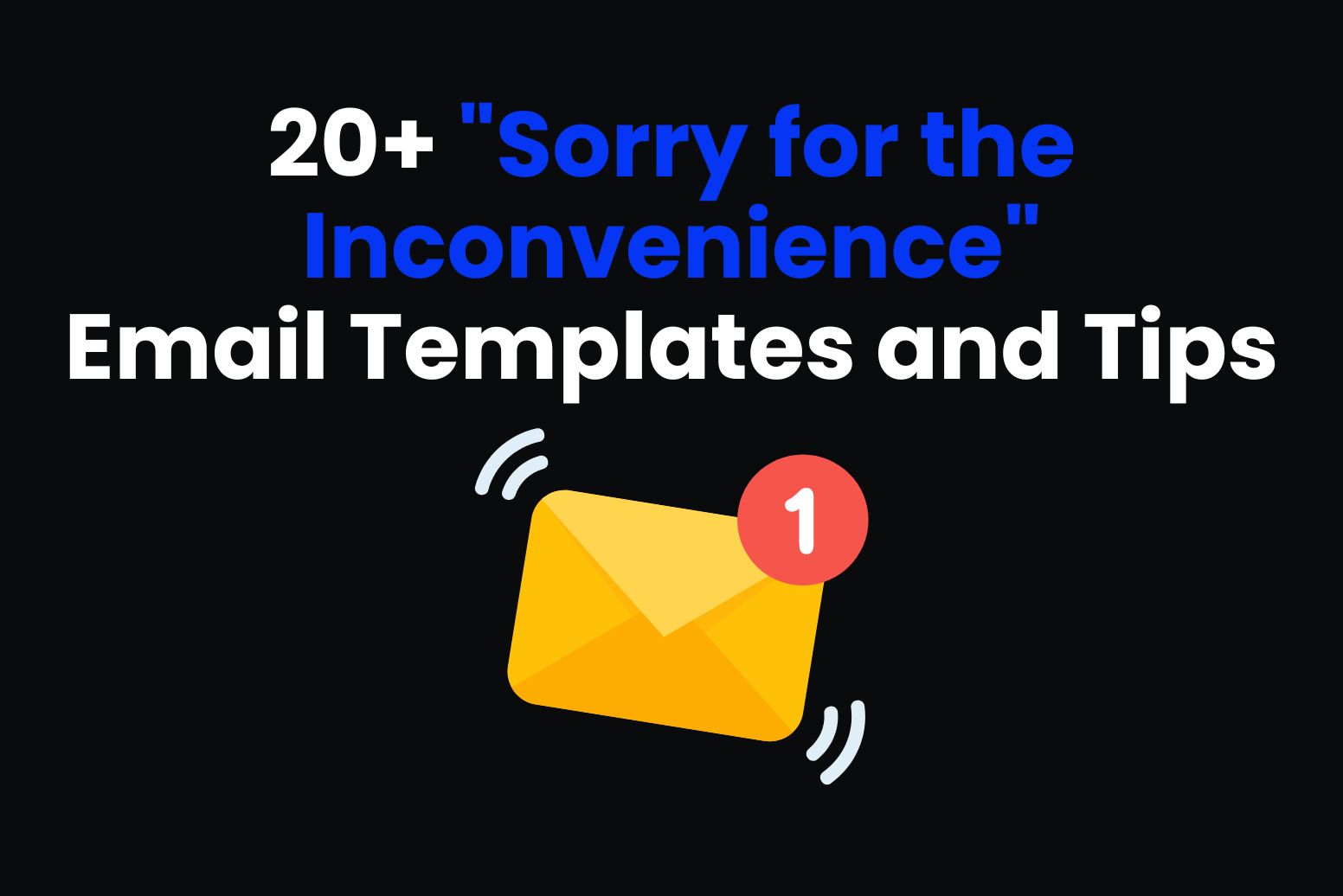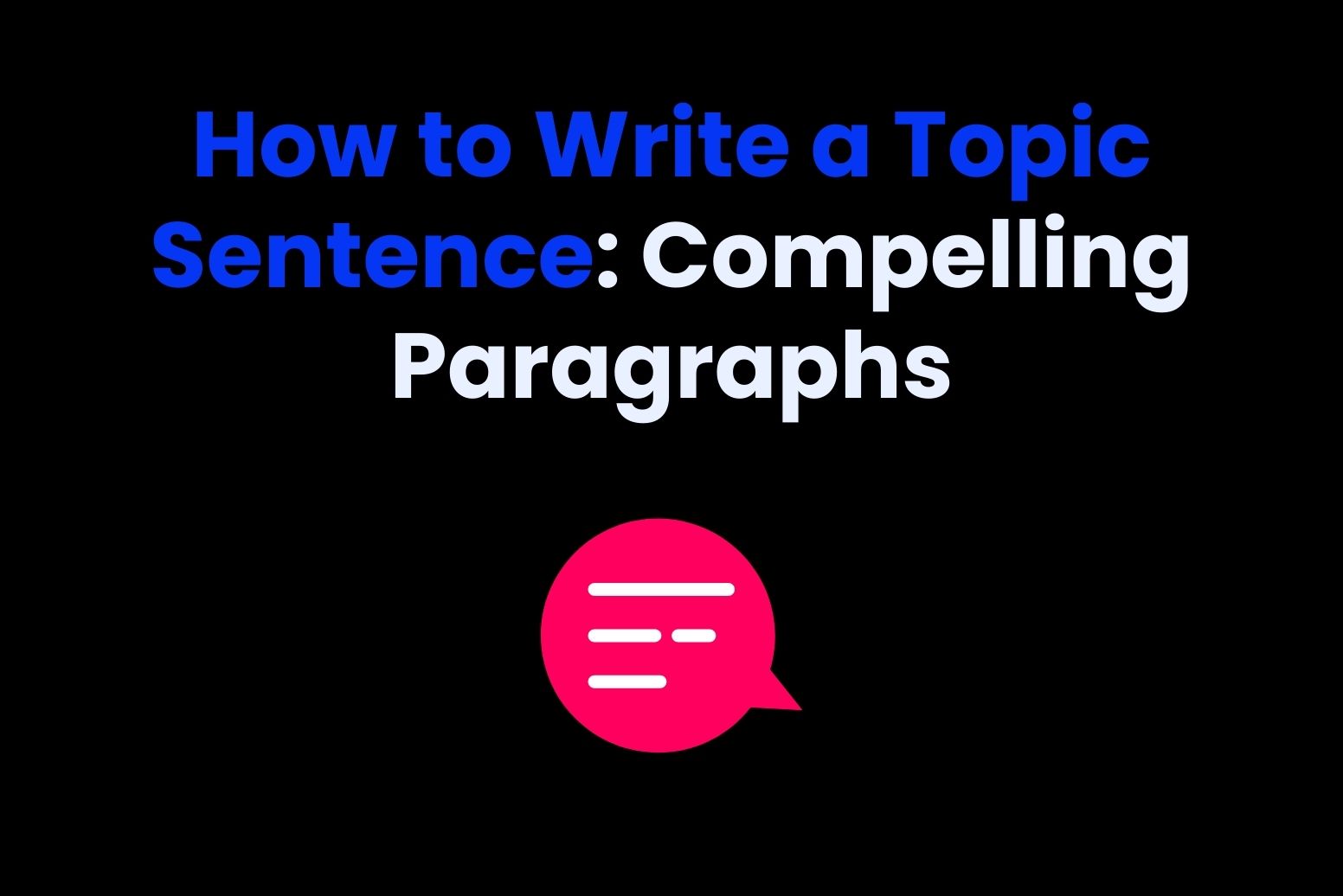Honestly, we know that when you don’t know how to cite a dictionary, your school work gets way harder than usual. Remember that dictionaries help you get tough words, so citing them the right way makes your work look reliable.
The thing is that citing a dictionary isn’t always the same because it depends on if it’s a printed or an online dictionary.
However, don’t sweat that much! Because herein, we are going to guide you through each style and format. By the end, you’ll find yourself citing like a pro.
What is dictionary citation?
Surely, citing a dictionary might not sound super exciting, but you should. That’s because if you use a dictionary to define a word, you must give credit. Also, this isn’t just about following rules. But it makes your work look trustful. As an extra, it lets your readers know exactly where you got your info.
But… how you cite a dictionary? Actually, it depends on the style guide you’re using. You know, APA, Chicago, MLA, etc.
You have to note that each one has different rules. For example, APA might ask you to include the exact definition. While MLA focuses on the version or release year. Additionally, if you’re using an online dictionary, you’ll probably need the URL and the date you accessed it.
So, when should you cite a dictionary? Usually, it’s when you’re explaining difficult terms, uncommon words. Or even anything that could mean different things to different people.
How to cite a dictionary in APA Style?
This style is popular among students and scientists. However, if you’re going to use APA, you need to pay attention. Since every part of the citation must go with some rules to the layout.
That’s why, here you have how to cite a dictionary in APA style.
Step-by-step guide to APA dictionary citations
1. Start with the author or editor
For most dictionaries, the author is often the organization or person that got the work out. For instance, Merriam-Webster would be listed as the author. If a solo person did the dictionary, include their name.
2. Add the publication year
Place the year in parentheses after the author’s name or organization. This shows when the dictionary was published or last updated.
3. Include the title of the dictionary
Then, you need to put this element in italics. Also, remember to capitalize the first word, names, and subtitles.
4. Specify the edition (if applicable)
If the dictionary has multiple editions, include the edition number in parentheses after the title. For example: (11th ed.).
5. Add publisher information for print versions
For printed dictionaries, mention the publisher’s name at the end of the citation.
6. Include a retrieval URL for online dictionaries
Finally, for online resources, add the dictionary’s URL at the end of the reference.
Example of dictionary citations in APA style
Well, for a printed dictionary, you should go for something like this:
- Oxford University Press. (1989). Oxford English Dictionary (2nd ed., Vol. 1, p. 500). Oxford University Press.
Whereas, an online dictionary in APA, is more like this example:
- Oxford University Press. (n.d.). Love. In Oxford English Dictionary. Retrieved December 20, 2024, from https://www.oed.com
How to cite a dictionary in MLA style?
Now, let’s go for the other one that’s super used; MLA.
Alright, if your texts need it, you can totally go with this style. Besides, this one is just another way to give credit. So, if you’re curious about citing a dictionary like this, keep reading:
Understanding MLA citation style
The Modern Language Association citation style is used a lot in school and work places. Therefore, when you cite a dictionary, it’s key to follow up to the next layout rules.
- Author’s name – If the copy you’re citing has a specific editor or author, start with their last name. Then, you should follow with their first name.
- Title of the dictionary – The title should be italicized. Be sure to include any version information if it’s relevant.
- Publisher – Include the publisher’s name.
- Publication year – The year the dictionary was published.
- Page numbers (if applicable) – If you are citing a specific entry, include the page number or range.
Example of citing a dictionary in MLA style
If by any chance you happen to have a copy, the MLA cite should be this:
- Merriam-Webster. Merriam-Webster’s Collegiate Dictionary. 11th ed., Merriam-Webster, 2003.
Although, if you’re looking the dictionary online, check this cite:
- Merriam-Webster. Merriam-Webster’s Online Dictionary, Merriam-Webster, www.merriam-webster.com. Accessed 20 Dec. 2024.
Tips for how to cite a dictionary correctly
Actually, citing a dictionary sounds easy, but it’s not always. That’s because it depends on the style. And if it’s online or not.
Yet, here are some keys to follow if you want to cite your dictionary the right way:
1. Know the citation style one needs
We must, first of all, be in our head to ensure that styles like MLA, APA, Harvard or Chicago would have their own manner to cite a dictionary. And first, one will need to look at such kind of rules. Because any type of style usually would bring their style into a kind of citations.
2. See who’s the author or publisher
Also, keep in mind that dictionaries are authored by companies or publishing companies. For example, Webster or Oxford University Press. In cases where an individual is mentioned, put their name as the author.
3. Include all necessary details
Pay attention to the parts they need for a citation. This means: the dictionary’s title, edition (if applicable), year of publication, publisher, and for online dictionaries, the URL. Be mindful to avoid leaving out critical information.
4. Format titles correctly
Also, remember to capitalize:
- The first word
- Proper nouns
- Subtitles.
Then, you should write it as Merriam-Webster’s Collegiate Dictionary instead of all lowercase or all uppercase.
5. Double-check online citations
When citing an online dictionary, give the URL that is working. If the content is usually changed, consider including a retrieval date to clarify when you accessed the information.
Common mistakes to avoid when citing dictionaries
Even if you think that knowing how to cite is easy, when it comes to dictionaries it’s not like that.
Why? You might ask.
Well, because the smallest mistakes can mess up the trust and accuracy of your work.
And it doesn’t matter if you’re working on a school project or something for your job. Since getting it right is important. However, people often make common mistakes when citing dictionaries.
But don’t worry. Here we’ll explain what to look out to avoid these mistakes:
1. Leaving out the author or organization
A super common mistake when citing is when you forget to include the author. In fact, many cases, dictionaries are published by organizations, so you should remember which one it is.
While some dictionaries may list solo editors, many only mention the publisher or organization as the author. As a result, if you omit this key detail, it leaves your citation not done and reduces its credibility. Always make sure to include the full name of the publisher or editor.
2. Neglecting the edition or release year
Another common error is failing to mention the edition or publication year, especially when citing printed copies. Also, since meanings can vary from one edition to another, you have to specify.
For example, when using online dictionaries, this info may not be as critical. Nevertheless, it’s still good practice to include the date of the last update or revision. This lets readers know where your information came from.
3. Skipping the URL for online dictionaries
With many people using online sources, another common mistake is not putting the URL when citing digital dictionaries. Also, for online resources, it’s key to give a working web address.
So, if you’re citing an online dictionary, make sure to include the full URL after the title. As an extra, if the dictionary is usually updated, you should also include the date you accessed the website.
4. Using the wrong citation style
Remember that each format has its own ways. For example, APA puts the publication year next to the author or publisher’s name. But MLA focuses more on the edition and publication details. Of course, if you mix up the styles or don’t follow the rules, it can mess up with your readers. So, try not to do that at all.
The bottom line: How to cite a dictionary, even if you’re unsure how
As you know, citing your sources when doing a writing work is key. But knowing how to cite a dictionary doesn’t have to be hard. Although, if you’re unsure about your citation, Arvin AI is here to help.
With its proofreading and translation options, powered by GPT-4, Arvin AI ensures your citations are accurate and correctly laid out. No matter if it’s in English or another language. Let Arvin AI make easier the process and boost your confidence in citing dictionaries right.
FAQs
How to cite a dictionary in a different language?
Well, citing in another language is similar to do it in your own. However, you need to understand there are a couple things to keep in mind.
To begin with, just follow the usual format. But don’t forget to translate the title of the dictionary as well.
Is it necessary to cite an online dictionary for common knowledge meanings?
Actually, if you are defining a known term that falls under “common knowledge,” it’s not necessary. However, if you’re giving a more specific definition, sure, just cite it.
How to cite a dictionary entry with multiple authors?
Okay, if the dictionary entry has multiple authors, cite each author in the reference. For example: Merriam-Webster’s Collegiate Dictionary (11th ed.), Merriam-Webster, 2016, authors: John Smith, Alice Johnson, and Robert Davis.






